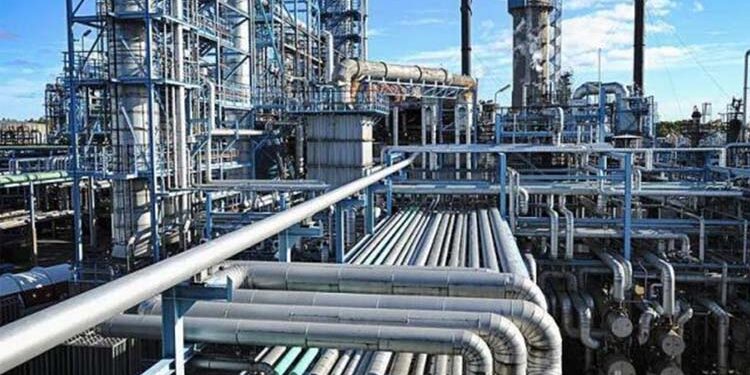Nigeria’s ambitious refining drive is facing turbulence as disputes intensify between private refinery operators, petroleum marketers, and truck drivers’ unions. What was meant to signal an economic breakthrough is now clouded by battles over market control, pricing, and survival strategies.
At the center of the storm is the Dangote Petroleum Refinery, the country’s largest, whose arrival has reshaped Nigeria’s petroleum landscape. Critics accuse the facility of deliberately undercutting rivals, while defenders insist it represents Nigeria’s best chance at breaking free from decades of dependence on imported fuel.
The Crude Oil Refiners Association of Nigeria (CORAN) has stepped in, warning that the rift with the Depot and Petroleum Products Marketers Association of Nigeria (DAPPMAN) could jeopardize progress. In a statement, CORAN’s Publicity Secretary, Eche Idoko, dismissed allegations of unfair price manipulation by Dangote, cautioning that such disputes distract from the bigger prize: long-term self-sufficiency in refined products.
For years, Nigeria lived with the contradiction of exporting crude oil while spending billions to import refined fuel. This imbalance drained foreign reserves, entrenched middlemen, and made the economy vulnerable to global shocks. CORAN argues that the ongoing wave of domestic refinery projects—including Dangote’s mega-plant and a growing number of modular refineries—offers the nation its first real opportunity to reverse that cycle.
Still, the group acknowledged that the transition is unsettling for depot operators and bulk marketers, whose import-based model dominated for decades. Instead of resisting change, CORAN urged them to reposition as partners in distribution, storage, and last-mile delivery—services without which even the largest refineries cannot succeed.
“The refining boom is not about replacing one monopoly with another,” CORAN noted. “It is about creating a chain where every player, from refiners to distributors, contributes to national growth.”
Beyond marketers, another front of tension is emerging with transport unions. The Nigeria Union of Petroleum and Natural Gas Workers (NUPENG) and the Direct Trucking Company Drivers Association have clashed with the Dangote Group over contracts and working terms. A restraining court order has already barred the unions from blocking operations at key facilities.
Senator Steve Karimi of Kogi West has appealed for calm, warning that strikes or blockades would undercut the benefits already gained from subsidy removal and rising local refining capacity. He contrasted the repeated failures of state-owned refineries with Dangote’s early successes, noting that the refinery has already eased pressure on foreign exchange markets and reduced fuel import bills.
Karimi praised the Federal Government for backing private refiners with crude oil supply agreements and urged unions to negotiate instead of staging protests. “This is not just about Dangote,” he said. “It is about the millions of Nigerians who need stable fuel supplies at affordable rates.”
The overarching message from both CORAN and political leaders is clear: collaboration, not confrontation, will determine whether Nigeria’s refining renaissance thrives or falters. Industry analysts warn that failure to manage these rivalries could stall momentum before the benefits fully materialize.
If unity prevails, the rewards could be transformational—lower fuel prices, job creation, stronger local currency, and reduced dependence on imports. But if disputes deepen, Nigeria risks turning a historic opportunity into another missed chance.
As CORAN concluded: “This is the moment to build a refining industry that powers prosperity, not rivalry.”

